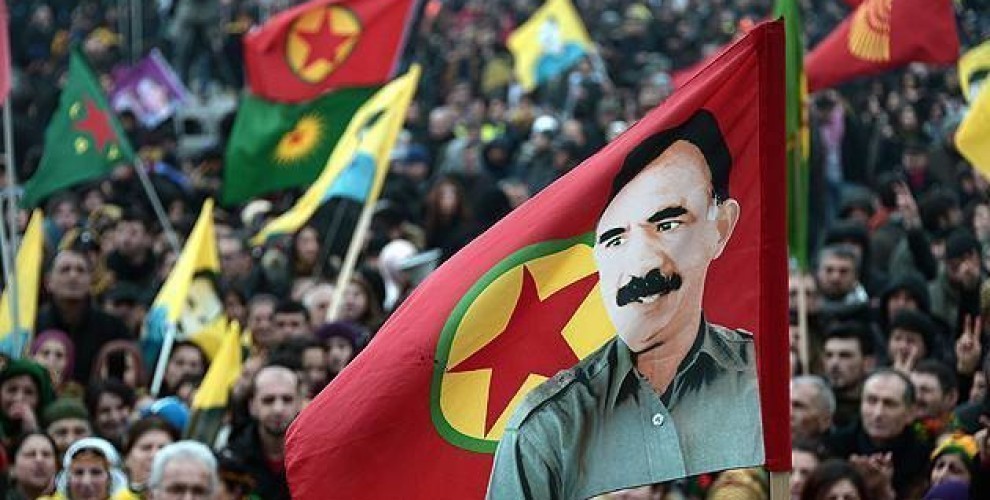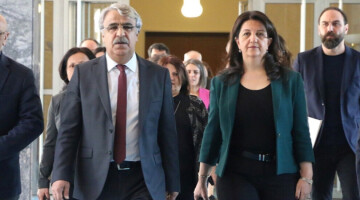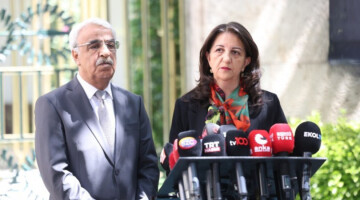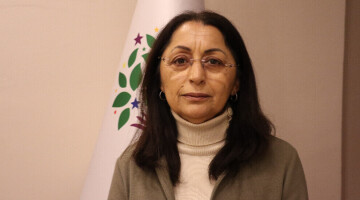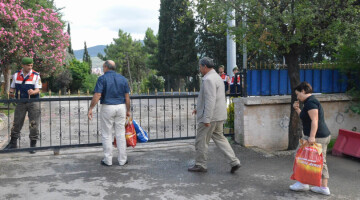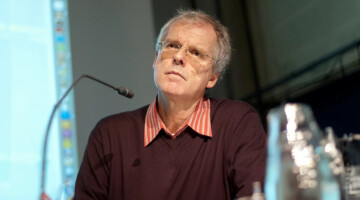An open letter has been sent to the Council of Europe, the European Court of Human Rights and the Committee for the Prevention of Torture. It has been signed by 43 European academics from a range of different countries, including 7 professors.
In response to the appeal from Kardo Bokani, the open letter below has been sent to the Council of Europe, the European Court of Human Rights and the Committee for the Prevention of Torture. It has been signed by 43 European academics from a range of different countries, including 7 professors.
The letter is as follows:
“An open letter to the Council of Europe and the Committee for the Prevention of Torture from European Academics,
We are writing to you as European academics who are deeply concerned at the lack of concrete action by the Council of Europe and the Committee for the Prevention of Torture with respect to Turkey’s continued denial of Abdullah Ocalan’s basic human right to be visited by his family and his lawyers. We appreciate your recent report on this issue, but if it is to be more than hollow words it needs to be followed up by action in the European Court of Human Rights, and the CPT must insist on their right to visit Ocalan in prison, and then promptly publish their report and put pressure on Turkey to act on its findings.
Ocalan is recognised as their leader by millions of Kurds, and you don’t have to be Kurdish to recognise the huge impact of his ideas in bringing democratic practices to Northern Syria, building bridges between different ethnic groups and – especially – ensuring women can take a full part in society. In the last two decades, Ocalan has made repeated attempts to negotiate a peaceful and respectful future for the Kurds in Turkey, and the respect that he himself commands makes his role vital to any peace settlement between the Kurds and the Turkish Government.
Ocalan’s importance extends well beyond the Kurdish community, but the immediate issue is simply a matter of the abuse of human rights by a member of the Council of Europe. Ocalan’s isolation contravenes European Human Rights legislation, the UN Mandela Rules for the minimum treatment of political prisoners, and Turkey’s own constitution.
As you will know, over 300 Kurds have responded to the world’s failure to take heed of this by going on indefinite hunger strike. 14 of them are in Strasbourg because they believe that the Council of Europe can and should be acting to help. One of those 14 is our academic colleague, Dr Kardo Bokanî, who is an Irish citizen and taught political philosophy at University College Dublin. As the weeks wear on, their strength and health is visibly failing.
This demand for help is putting to the test European democracy and civilised values. Dr Bokanî and his fellow hunger strikers in Strasbourg have put their lives on the line in the belief that the Council of Europe and the Committee for the Prevention of Torture will act to support basic human rights. They are prepared to take their hunger strike through to the end, but they do not want to die. We urge you not to let them down, and not to let down the fundamental principles on which these institutions are founded.”

